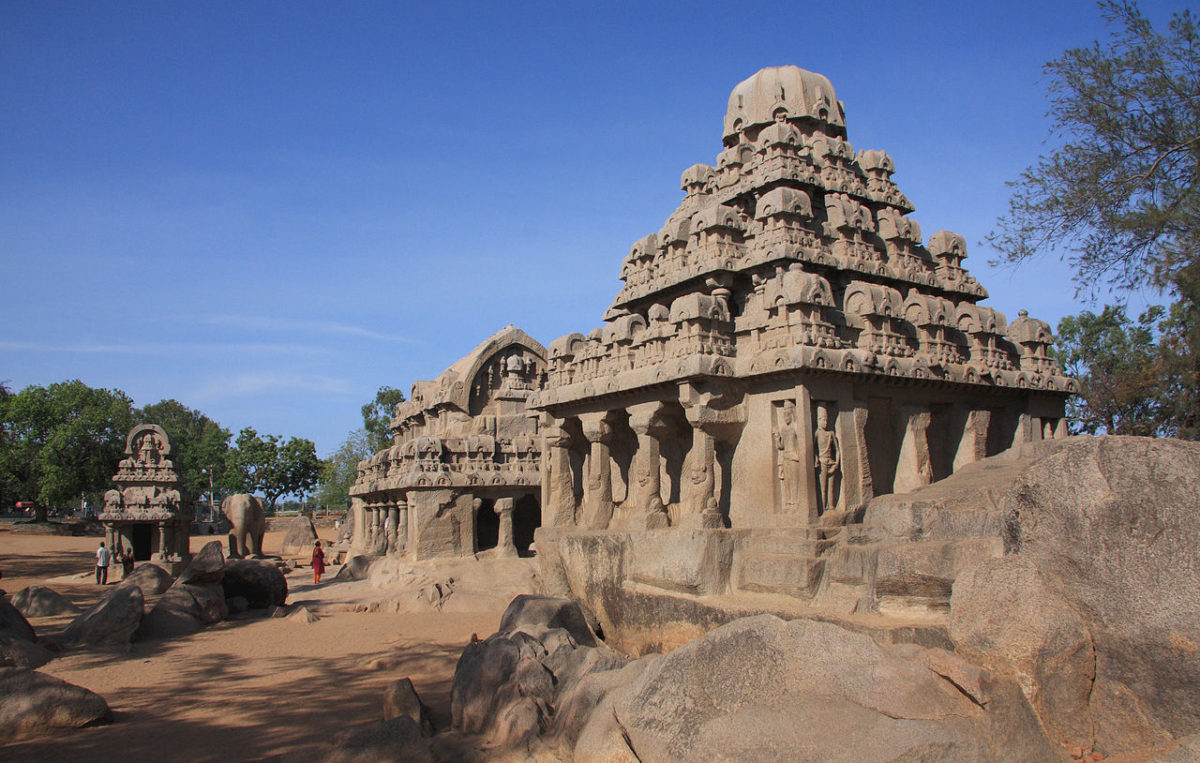Dilip Nigam, advisor for the National Solar Mission at the MNRE has asked the Tamil Nadu state government to prevent arbitrary backdowns of solar power, in a letter, dated September 18, written to Vikram Kapur, principal secretary, Tamil Nadu Government.
According to the Economic Times, the letter quoted: “Instruct the concerned officials at the Tamil Nadu Generation and Distribution Co (TANGEDCO) not to curtail generation from solar plants, which in any case are must run plants”.
In Tamil Nadu the solar plants in question have been subject to repeated backdowns since last year, to the extent that the National Solar Energy Federation of India (NSEFI) has filed a petition before the Tamil Nadu Electricity Regulatory Commission, urging it to intervene. A similar petition has been filed by Adani green Energy, which had faced backdowns at its 216 MW solar PV plant in the Ramanthapuram District of Tamil Nadu.
In the petition filed by NSEFI, it says that the backdowns are instructed without any prior or after notice. Backdowns have caused solar developers huge losses, as well affecting efficiency of electrical equipment installed, and shortening their lifespan.
The main reason for power backdowns is the intermittent nature of solar and wind energy, which varies according to environmental conditions. State load DISCOM centers tend to shut off such power if they fear overloading the grid in instances of high solar activity and/or wind intensity.
However, there have been numerous government directives, as well as from the TNERC in the past, where it is clearly mentioned the renewable energy should have “must run” status, even if overloading is indeed an issue, and in that case the conventional power supply should be backed down.
This content is protected by copyright and may not be reused. If you want to cooperate with us and would like to reuse some of our content, please contact: editors@pv-magazine.com.








By submitting this form you agree to pv magazine using your data for the purposes of publishing your comment.
Your personal data will only be disclosed or otherwise transmitted to third parties for the purposes of spam filtering or if this is necessary for technical maintenance of the website. Any other transfer to third parties will not take place unless this is justified on the basis of applicable data protection regulations or if pv magazine is legally obliged to do so.
You may revoke this consent at any time with effect for the future, in which case your personal data will be deleted immediately. Otherwise, your data will be deleted if pv magazine has processed your request or the purpose of data storage is fulfilled.
Further information on data privacy can be found in our Data Protection Policy.